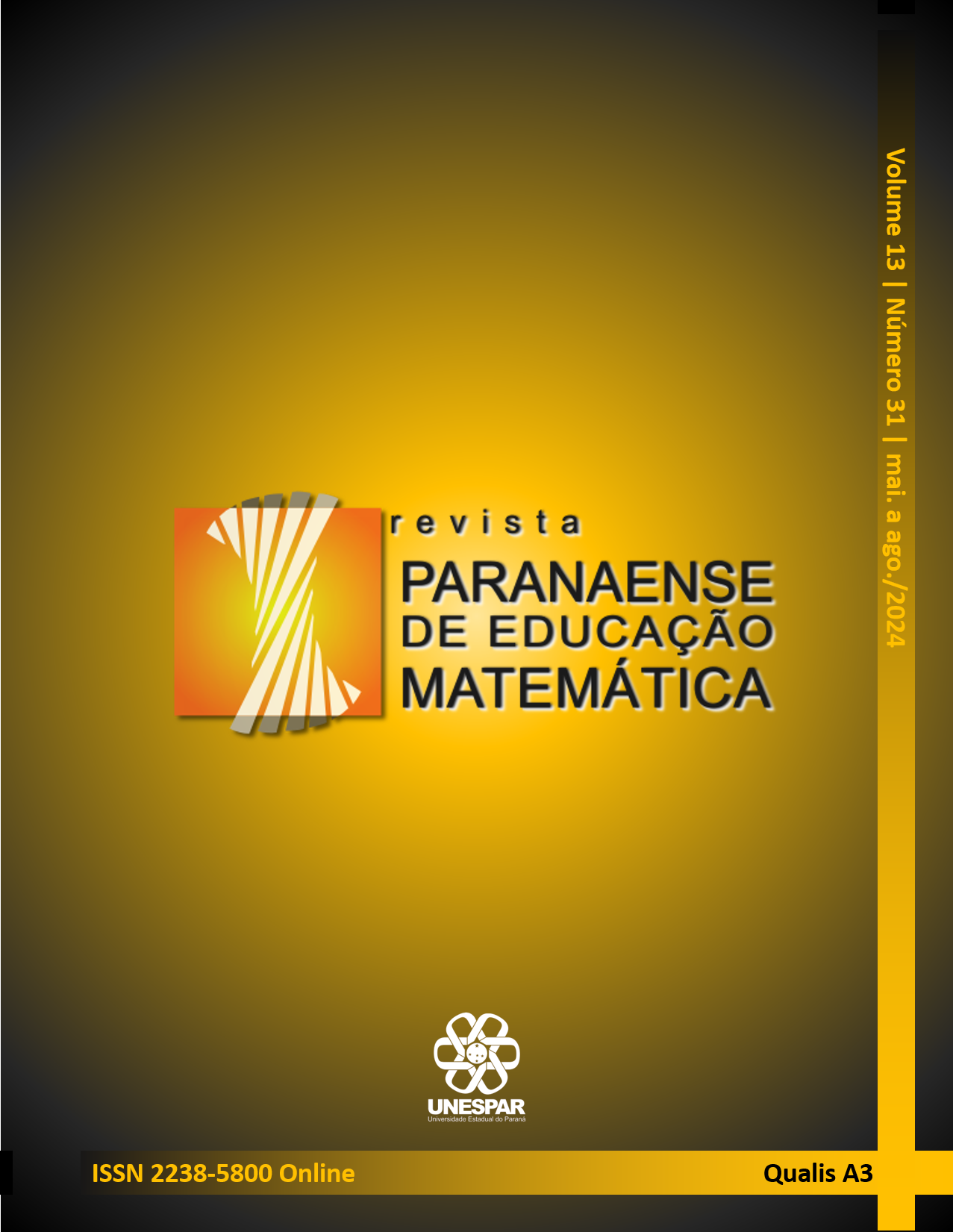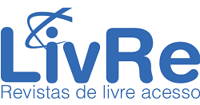Formação de Professores de Matemática e o Currículo de Inteligência Artificial da Educação Básica - Unesco
DOI:
https://doi.org/10.33871/rpem.2024.13.31.9245Resumo
A tecnologia de Inteligência Artificial (IA) está cada vez mais presente no cotidiano de uma sociedade da informação e de conhecimentoe são inúmeras ferramentas noticiadas pelas mídias, voltadaspara diferentes áreas, dentre elas a Educação. Assim, iniciativas como a elaboração dorelatório da Unesco, que elenca, entre outros aspectos, o conteúdo curricular de IA, poderão contribuir para repensar as competências digitais necessárias aos docentes que irão atuar na Educação Básica. Diante disso, a pergunta que norteou esse estudo foi: quais competências digitais estão presentes na BNC-Formação, BNC-Formação Continuada, CNE/CP n.°1 e CNE/CES 1.302e como elas poderiam ser relacionadas com as categorias e áreas temáticas do Currículo de IA para Educação Básica proposto pela Unesco? E seu objetivo geral: analisar quais competências digitais para docentes estão presentes na BNCC-Formação, BNCC-Formação Continuada,CNE/CP n.°1 e CNE/CES 1.302de forma a relacioná-las com as categorias e áreas temáticas do Currículo de Inteligência Artificial para Educação Básica proposto pela Unesco. Ademais, caracteriza-se como uma pesquisa qualitativa e foi utilizada como estratégia de investigação a Teoria Fundamentada. Ao final, foi possível constatar que a competência digital com maior incidência na BNC-Formação e BNC-Formação Continuada foi a Pedagógica, que pode ser relacionada com a categoria Fundamentos de IA, e que há evidências de que a utilização do Pensamento Computacional associado ao currículo de matemática poderia contribuir para tratativa da IA na formação inicial e continuada do professor de matemática, porém, não apenas apresentada de forma básica.
Downloads
Referências
BOGDAN, R. C.; BIKLEN, S. K. Investigação qualitativa em educação: uma introdução à teoria e aos métodos. Porto editora, 1994.
BRASIL. Resolução CNE/CP N°1, de 27 de outubro de 2020. Disponível em: https://normativasconselhos.mec.gov.br/normativa/view/CNE_RES_CNECPN12020.pdf?query=Educacao%20Ambiental. Acessado em: 01 de janeiro de 2024.
BRASIL. Resolução CNE/CP N°2, de 20 de dezembro de 2019. Disponível em: https://normativasconselhos.mec.gov.br/normativa/view/CNE_RES_CNECPN22019.pdf. Acessado em: 01 de janeiro de 2024.
CIEB. Centro de Inovação para a Educação Brasileira: notas técnicas #8: Competências de professores e multiplicadores para uso de TICs na educação. São Paulo: CIEB, 2019. E-book em pdf.
CHARMAZ, K. A construção da teoria fundamentada: guia prático para análise qualitativa. Artmed, 2009.
MASSUKADO, M. S. Análise comparativa de estratégias qualitativas de investigação: possibilidades para a pesquisa em turismo. Turismo & Sociedade, Curitiba, v. 1, n.1, p. 9-27, abril de 2008.
SAMPIERI, R. H.; COLLADO, C. F.; LUCIO, M. P. B. Metodologia de pesquisa. Porto Alegre: Penso, 2013.
SBC. Sociedade Brasileira da Computação. Diretrizes para ensino de Computação na Educação Básica. 2017. Disponível em: https://www.sbc.org.br/documentos-da-sbc/summary/203-educacao-basica/1220-bncc-em-itinerario-informativo-computacao-2. Acessado em: 01 de janeiro de 2024.
UNESCO. Currículos de IA para a educação básica – Um mapeamento de currículos de IA aprovados pelos governos. 2022. Disponível em: https://unesdoc.unesco.org/ark:/48223/pf0000380602_por. Acessado em: 20 de dezembro de 2023.
Downloads
Publicado
Como Citar
Edição
Seção
Licença
Copyright (c) 2024 Revista Paranaense de Educação Matemática

Este trabalho está licenciado sob uma licença Creative Commons Attribution-NonCommercial-NoDerivatives 4.0 International License.










